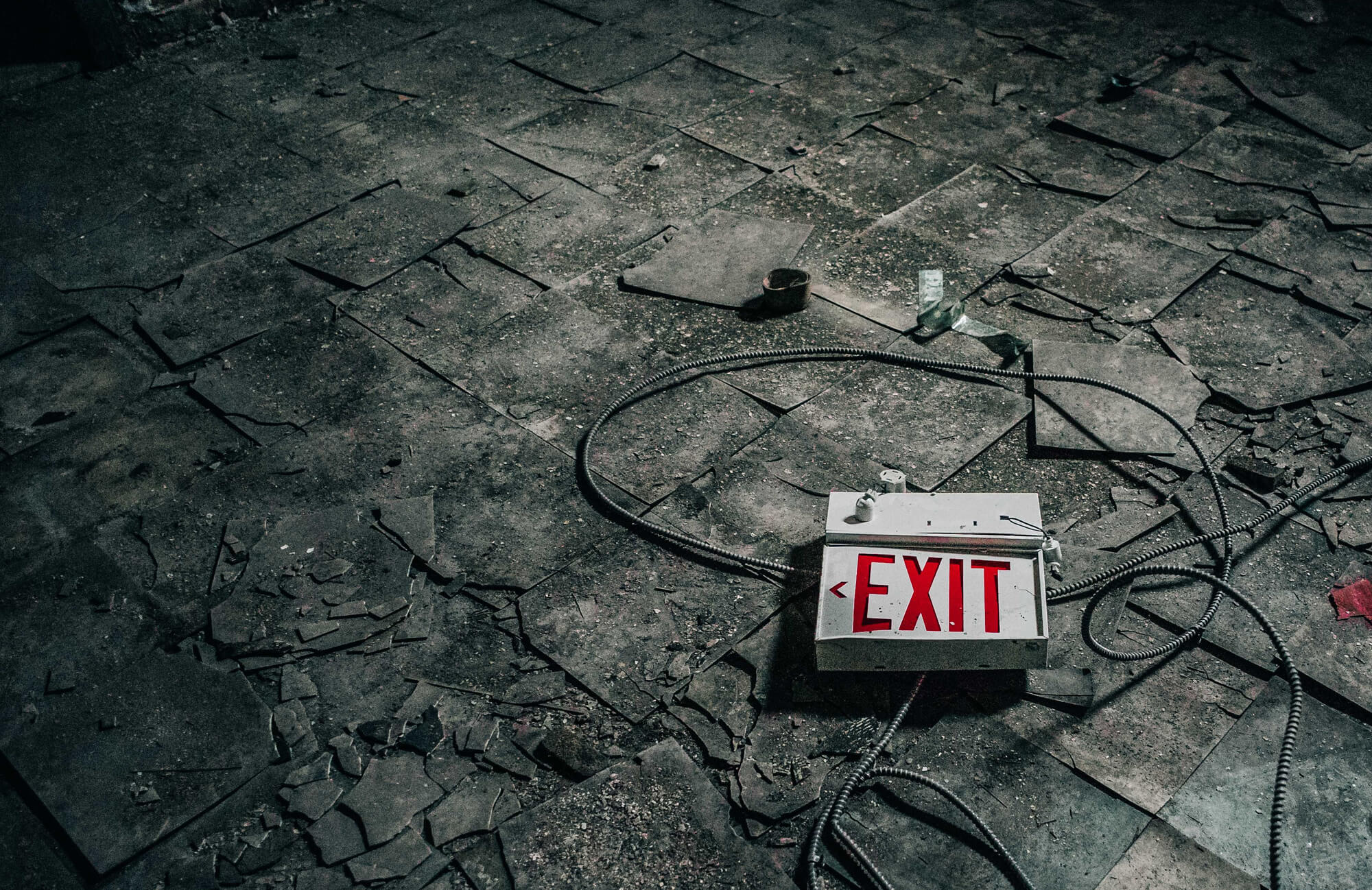Failure Fears: Fuel, Not Fiasco
- November 21st, 2017
- 5 mins READING TIME
Failure. A rather brutal opener for a post, don’t you think?
Right. Let’s reframe the topic with three provocative questions:
- Would you be generating creative ideas if everything you tried worked the first time?
- Would you even be an entrepreneur if something hadn’t failed you in the past?
- Would failure in your current venture cause your immediate death?
My psychic powers say you’ve answered “no” to all of the above.
So why is fear of failure so prevalent? And so paralysing?
Because you care.
You care about living up to a certain standard of success, be it your own measure or that of people you seek to impress. You care about not disappointing anyone, including yourself. You care about doing the best possible job (aka perfectionism) at all times.
The very fact that you care is key to your ambitious-achiever character.
Which is why the following directive is such a big pill to swallow:
You must not care about failure.
Business blasphemy, you say? Ancient philosophy – Stoicism – actually.
To paraphrase Ryan Holiday’s excellent book The Obstacle is the Way, the Stoics said:
- External factors impact your world, factors you cannot control. You can only control your responses to what happens, so prepare to respond well. Put your caring energies into what you control, not into what life inevitably throws in your way.
- Perception is everything. There is no such thing as failure, but only an obstacle to overcome or lesson to be learned. “Failure” is a story you create about a situation; you can choose to tell a better story.
Let’s translate this to real life.
You’ve launched your business. You’ve written your five-year plan. You’ve generated customer interest. You’re excited, motivated and optimistic.
Then, the world does what it does. A shipment fails to arrive. A location gets rented to a competitor. An investor’s fat cheque bounces.
Panicky flutters fill your chest. Your brain seizes up. Failure looms.
Or does it?
Perhaps you could decide to feel that fear – and call it out for what it is: an unhelpful response. Oh, fear of failure, you sneaky monster. Thanks for showing up to demonstrate my concern about this situation. Now, shove off. I have choices to make.
Perhaps you could choose to take a deep breath to transform fear into fuel. Businessman Robert Heller once said, “Fear is excitement without breath.” Add oxygen to generate energy, clarity and determination to respond appropriately.
Perhaps you could take one action to restore equilibrium on one issue. Sweeping problems under the rug isn’t productive, nor is it what we mean by not caring about failure.
It’s about prioritising your care. Care instead about being transparent with customers e.g. our shipment is delayed, but we will keep you apprised with its progress and seek another option. Care about your ability to pivot plans to deal with things like temporary funding shortages or real estate delays.
Care about remaining courageous in the battle to build your business. As discussed in our tips for coping with rejection, innovative entrepreneurs are – by definition – pushing boundaries and risking loss. If you’re not failing on some front, you’re likely not creating something new.
There’s a reason why Silicon Valley honchos say, “Fail fast.” Every failure pushes an enterprise closer to what will eventually work. Successful start-ups know that…
Fine people flop early and often
We may not hear about the failures that came before a major breakthrough. That doesn’t mean they didn’t happen.
J.K. Rowling – Harry Potter manuscript rejected by 12 publishers
Nick Woodman – first start-up FunBug, backed with $3.9 million from investors, failed; he later founded GoPro
Oprah Winfrey – fired from first TV job
Bill Gates & Paul Allen – first company crashed and burned
Sir James Dyson – 5,126 failed prototypes to get his vacuum right
Dare say, you’d be better served to expect setbacks, to respect them when they arrive and to use them to power forth in new directions.
“It can take a very long time to develop interesting products and get them right. But our society has an instant-gratification thing. We admire brilliance, effortless brilliance,” says Sir Dyson. “I think quite the reverse. You should admire the person who perseveres and slogs through and gets there in the end.”
Indeed. Which entrepreneur strikes you as more heroic: the one with the muddy jersey and bruises, or the one in the pristine tuxedo?
Doing battle with fears of failure gets you suited up right.
Return to the 3 Questions
You now have some tools to use against that beast. Namely, to interrogate it with those three provocative questions, and remember your unshakeable answers e.g.:
Failures, setbacks, detours are all spurs to my creativity; without troubles, I’d have no traction toward new ideas
I’m an entrepreneur because previous jobs/products/people failed to live up to my expectations; I owe my new career to failures
Whatever failures fall into my path, they won’t kill me; therefore, they have no real power worth caring about – I choose to care about matters I can control
Should you need a turbo-charge of turnaround energy, don a Roman toga, summon the stoic spirit of Seneca (a major business and political force circa 10 AD) and chant his moving-on mantra:
Every new beginning comes from some other beginning’s end.
Add wine as desired, repeat and you’ll see failure-fears beating a hasty retreat.
Onward!

